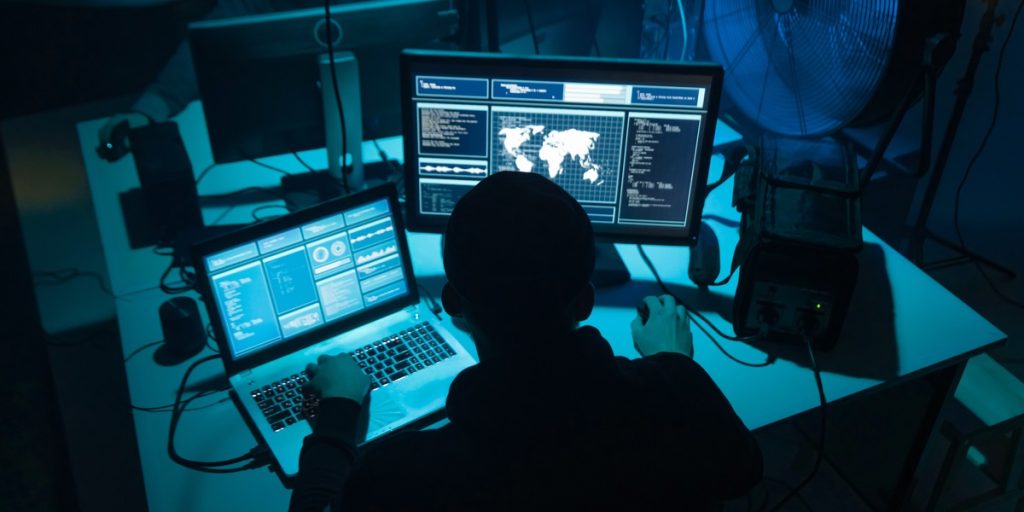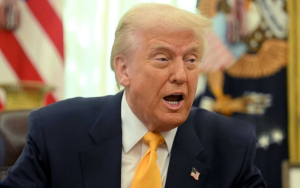Russia Accuses U.S. Cybersecurity Company of Anti-Russian Activities
Others are reading now
As technology becomes a battleground, companies providing cyber defense services often find themselves in the crosshairs of geopolitical tensions.
Russia’s recent actions against a private American cybersecurity company underscore how deeply these conflicts have extended into the digital sphere.
The Russian Prosecutor General’s Office has declared Recorded Future (RF), a Massachusetts-based cybersecurity company, an “undesirable” organization, according to Digi24.
The decision was announced on Wednesday, accusing the company of conducting “cyberattacks” against Russia.
Also read
Recorded Future was acquired by Mastercard in September and provides businesses worldwide with tools to detect and manage cyber threats.
In its statement, the Prosecutor General’s Office claimed that Recorded Future employees cooperate with the CIA and other foreign intelligence agencies.
The office further accused the company of supporting Western anti-Russian propaganda campaigns.
The designation of “undesirable” has serious consequences for organizations operating in Russia.
Such a status effectively forces targeted entities to cease all activities within the country.
Leaders of these organizations face severe penalties, including up to six years in prison.
Participation in their operations, in any form, can result in up to four years of imprisonment.
Russia first created its list of “undesirable” organizations in 2015. The list has grown to include 194 organizations, including think tanks and media outlets.
Recent additions include the Carnegie Endowment for International Peace and the Moscow Times, an independent daily newspaper.
The move to target Recorded Future reflects the broader conflict between Russia and the West.
Cybersecurity firms, especially those linked to major Western corporations or governments, are increasingly seen as extensions of state power.
This development shows how digital tools and cyber capabilities are no longer neutral, but active elements in global disputes.
The designation also serves as a warning to other foreign organizations operating in Russia.
It demonstrates the risks involved in engaging with a country where political tensions can rapidly escalate into legal and operational challenges.








